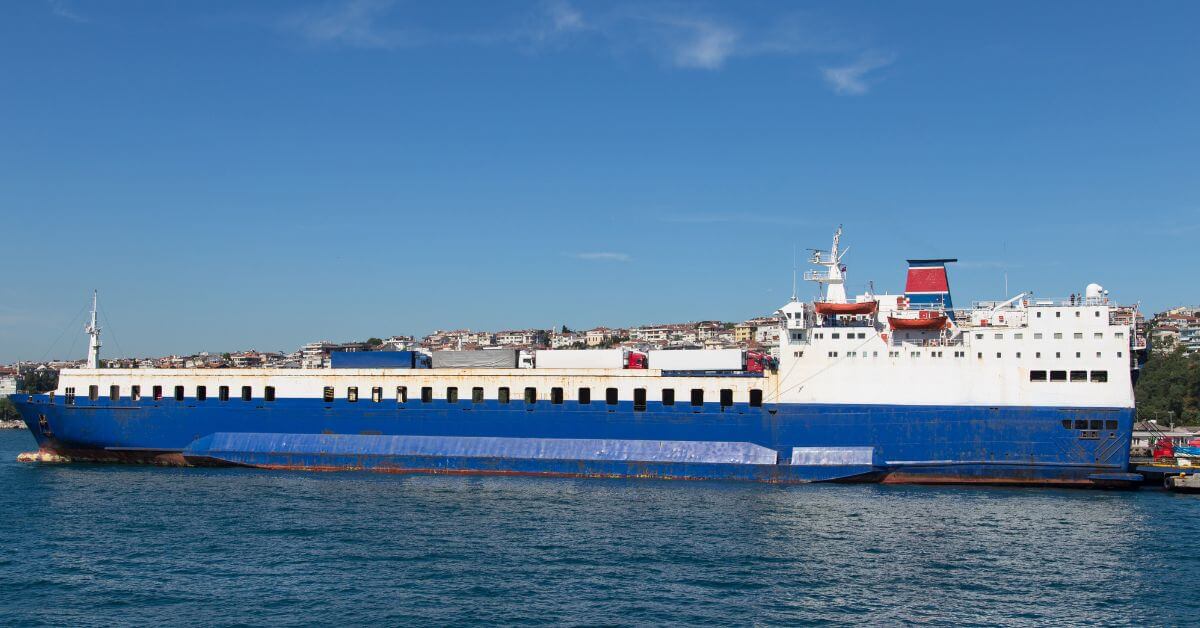Mitsubishi Shipbuilding to Deliver Methanol-Powered Vessels for Japan’s Shipping
Mitsubishi to Build Three Methanol-Powered RORO Ships

Mitsubishi Shipbuilding Co. has announced plans to construct three methanol-fueled roll-on/roll-off (RORO) cargo ships at its Enoura Plant, part of Mitsubishi Heavy Industries’ Shimonoseki Shipyard & Machinery Works. These vessels, ordered by Toyofuji Shipping, Miyazaki Sangyo Kaiun, and Nichitoku Kisen, are set for completion and delivery by 2028. Designed to enhance vehicle transport capacity, these ships will significantly improve operational efficiency while contributing to Japan’s working style reform.
Innovative Vessel Design and Specifications
The new RORO vessels will measure 168 meters in length and 30.2 meters in breadth, boasting a gross tonnage of 15,750. With the capacity to transport approximately 2,300 passenger vehicles per voyage, these ships are engineered for increased loading efficiency compared to traditional vessels. This enhanced capacity allows for a more flexible ship allocation schedule, ultimately providing crew members with more time off and improving their work-life balance.
Equipped with a dual-fuel engine that utilizes both methanol and heavy fuel oil, these vessels are designed to maximize fuel efficiency. Mitsubishi’s advanced energy-saving system incorporates high-efficiency propellers and rudders to reduce resistance, further enhancing performance. The innovative design features a windscreen and vertical stem at the bow, which collectively minimize propulsion resistance. As a result, Mitsubishi’s engines are expected to cut CO2 emissions by over 20% compared to Toyofuji Shipping’s conventional heavy fuel oil ships, thereby reducing the environmental impact of maritime transport.
Methanol-powered RORO ships are gaining traction in global markets, and future advancements in green methanol technology may further decrease CO2 emissions throughout their operational lifecycle. This latest order marks Mitsubishi Shipbuilding’s second for coastal RORO vessels in Japan, following a previous order for two similar vessels in June 2024.
Mitsubishi Shipbuilding Receives Orders for Japan’s First Methanol-Fueled RORO Cargo Ships
Recent Developments in Sustainable Shipping
In addition to the RORO project, Mitsubishi Shipbuilding, in collaboration with Mitsui O.S.K. Lines and Namura Shipbuilding, has recently developed a large-scale ammonia-fired carrier. This vessel has received approval in principle (AiP) from Nippon Kaiji Kyokai (ClassNK) after a thorough evaluation of its design and safety features. The new ammonia carrier is expected to surpass the size of current very large gas carriers (VLGCs) and aims to enhance marine transport efficiency while minimizing greenhouse gas emissions.
Furthermore, in late August 2024, Mitsubishi Shipbuilding joined forces with Imabari Shipbuilding, Japan Marine United Corp., and Nihon Shipyard to initiate a joint study with several shipping companies, including “K” Line, NYK Line, and MOL. This collaboration aims to establish standard specifications and designs for liquefied CO2 (LCO2) carriers, facilitating their construction across additional shipyards in Japan.
In a separate initiative, Mitsubishi Heavy Industries Engine & Turbocharger (MHIET) successfully conducted a demonstration test for a 100% hydrogen-fired generator set at its Sagamihara Plant. The generator achieved stable operation across all phases, showcasing MHIET’s commitment to advancing zero-carbon technologies. This system utilized green hydrogen produced from renewable energy sources, further underscoring Mitsubishi’s dedication to sustainable energy solutions.
